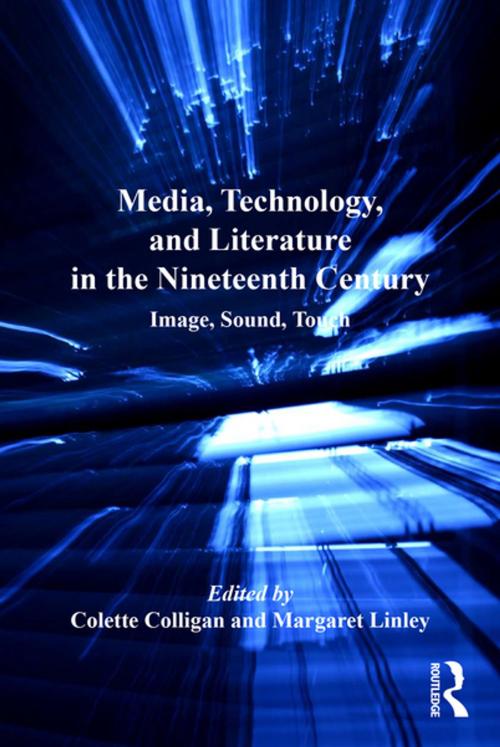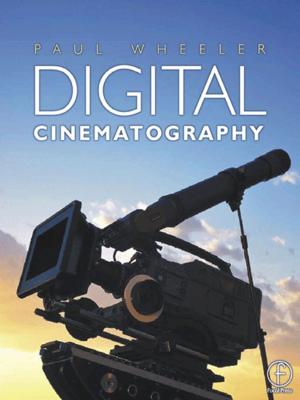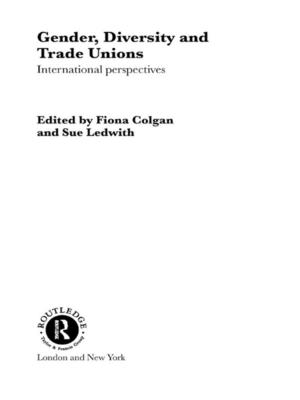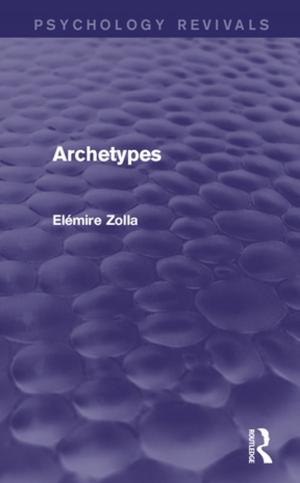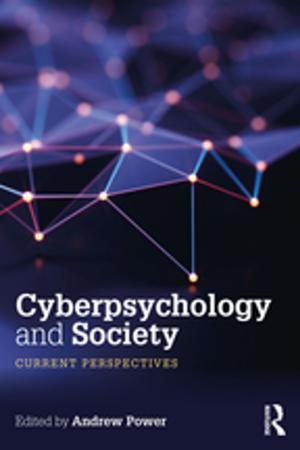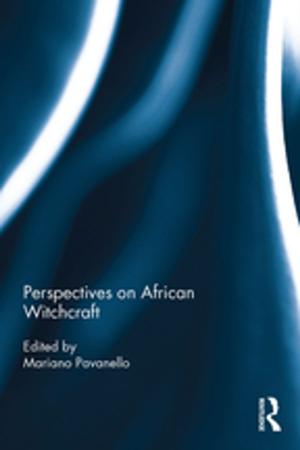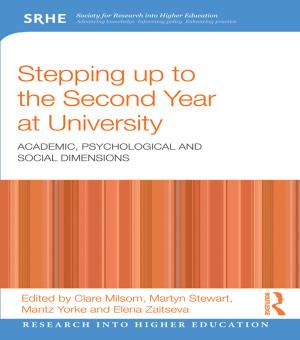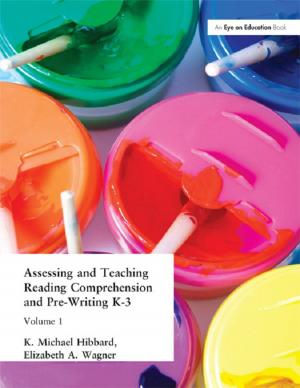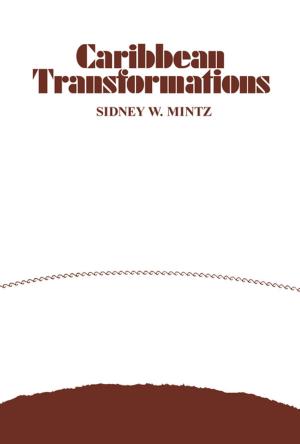Media, Technology, and Literature in the Nineteenth Century
Image, Sound, Touch
Fiction & Literature, Literary Theory & Criticism| Author: | Margaret Linley | ISBN: | 9781317098645 |
| Publisher: | Taylor and Francis | Publication: | April 29, 2016 |
| Imprint: | Routledge | Language: | English |
| Author: | Margaret Linley |
| ISBN: | 9781317098645 |
| Publisher: | Taylor and Francis |
| Publication: | April 29, 2016 |
| Imprint: | Routledge |
| Language: | English |
Operating at the intersection where new technology meets literature, this collection discovers the relationship among image, sound, and touch in the long nineteenth century. The chapters speak to the special mixed-media properties of literature, while exploring the important interconnections of science, technology, and art at the historical moment when media was being theorized, debated, and scrutinized. Each chapter focuses on a specific visual, acoustic, or haptic dimension of media, while also calling attention to the relationships among the three. Famous works such as Wordsworth's "I wandered lonely as a cloud" and Shelley's Frankenstein are discussed alongside a range of lesser-known literary, scientific, and pornographic writings. Topics include the development of a print culture for the visually impaired; the relationship between photography and narrative; the kaleidoscope and modern urban experience; Christmas gift books; poetry, painting and music as remediated forms; the interface among the piano, telegraph, and typewriter; Ernst Heinrich Weber's model of rationalized tactility; and how the shift from visual to auditory telegraphic instruments amplified anxieties about the place of women in nineteenth-century information networks. Full of surprising insights and connections, the collection offers new impetus for stimulating historical conversations and debates about nineteenth-century media, while also contributing fresh perspectives on new media and (re)mediation today.
Operating at the intersection where new technology meets literature, this collection discovers the relationship among image, sound, and touch in the long nineteenth century. The chapters speak to the special mixed-media properties of literature, while exploring the important interconnections of science, technology, and art at the historical moment when media was being theorized, debated, and scrutinized. Each chapter focuses on a specific visual, acoustic, or haptic dimension of media, while also calling attention to the relationships among the three. Famous works such as Wordsworth's "I wandered lonely as a cloud" and Shelley's Frankenstein are discussed alongside a range of lesser-known literary, scientific, and pornographic writings. Topics include the development of a print culture for the visually impaired; the relationship between photography and narrative; the kaleidoscope and modern urban experience; Christmas gift books; poetry, painting and music as remediated forms; the interface among the piano, telegraph, and typewriter; Ernst Heinrich Weber's model of rationalized tactility; and how the shift from visual to auditory telegraphic instruments amplified anxieties about the place of women in nineteenth-century information networks. Full of surprising insights and connections, the collection offers new impetus for stimulating historical conversations and debates about nineteenth-century media, while also contributing fresh perspectives on new media and (re)mediation today.
